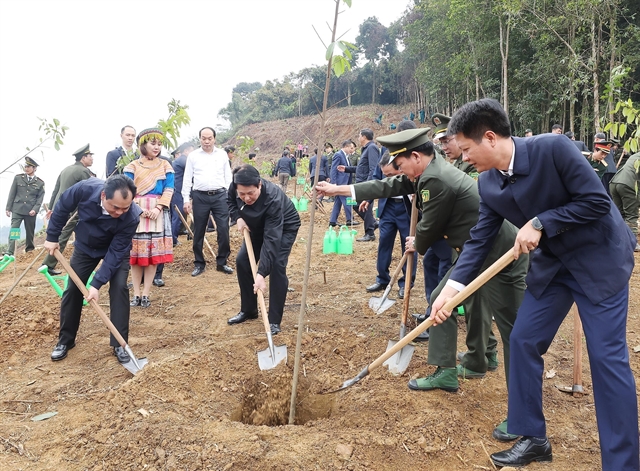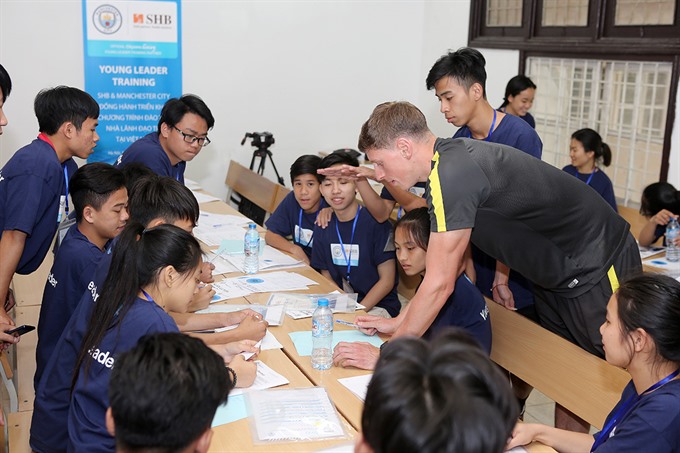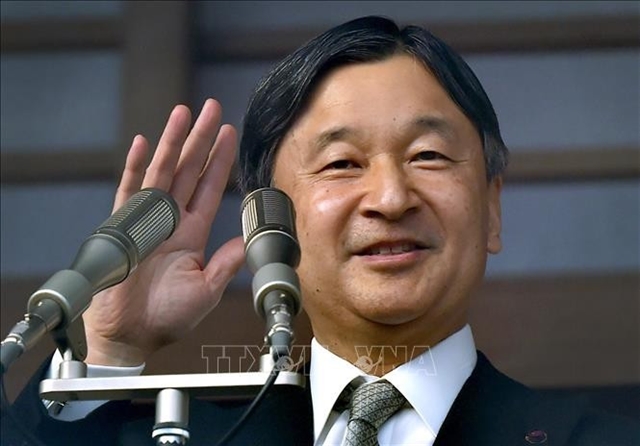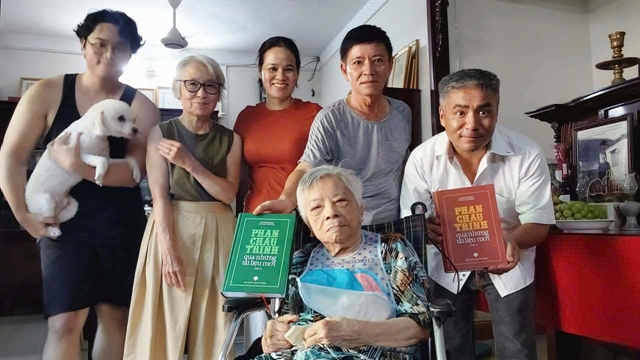 Society
Society

Models of social assistance need to be diversified and require comprehensive collaboration between the State, society and citizens, a Ministry of Labour, Invalids and Social Affairs (MOLISA) official said.
 |
| Children at the SOS Children’s Village orphanage in Hà Nội learn to play football. — VNA/VNS Photo |
HÀ NỘI — Models of social assistance need to be diversified and require comprehensive collaboration between the State, society and citizens, a Ministry of Labour, Invalids and Social Affairs (MOLISA) official said.
The statement was made on Monday at an international conference on increasing the participation of society in supporting vulnerable groups, held in Hà Nội on October 23-24.
With the participation of representatives from MOLISA, development foundations, women’s and children’s associations, and international non-governmental organisations, the conference aims to share and discuss experiences while providing support to vulnerable groups in Việt Nam.
The number of vulnerable citizens is increasing as a result of the country’s processes of industrialisation and urbanisation being under the influence of the market economy, Đồng Huy Cương, deputy director of the Department of Multilateral Affairs of the Việt Nam Union of Friendship Organisations (VUFO), said.
Over the years, the State and international organisations have implemented several policies and projects to support vulnerable groups, he added.
“However, loopholes in regulations and the lack of expertise of a number of officials somewhat diluted these efforts,” he said.
The number of citizens belonging to vulnerable groups accounts for some 20 per cent of the country’s total population, according to statistics from the labour ministry.
They include 9.2 million elderly, 7.2 million people with disabilities, 1.5 million children living in “special circumstances”, 1.8 million households affected by natural disasters every year, as well as hundred of thousands of HIV/AIDS patients, drug addicts and victims of domestic violence and sexual abuse.
Phạm Đại Đồng, head of the policy and social assistance division of MOLISA’s Department of Social Assistance, said ensuring social welfare for vulnerable groups is an important task for the whole political system and society.
“Models of social assistance must be diversified and include both material and spiritual support,” he said.
The State, society and citizens should all join in providing assistance to vulnerable groups and ensure they receive timely support in difficult times, he added.
Sharing her country’s experience in social assistance, Iris Assenmacher, counsellor in charge of social issues at the German Embassy in Việt Nam, said the German government’s view on social welfare for the disabled is to combine regulations and policies in all fields, from social assistance and social insurance to employment aid, while respecting their self-determination.
Social welfare is also incorporated into the active labour market policy, education policy and basic social services, she said. — VNS



_med.jpg)
